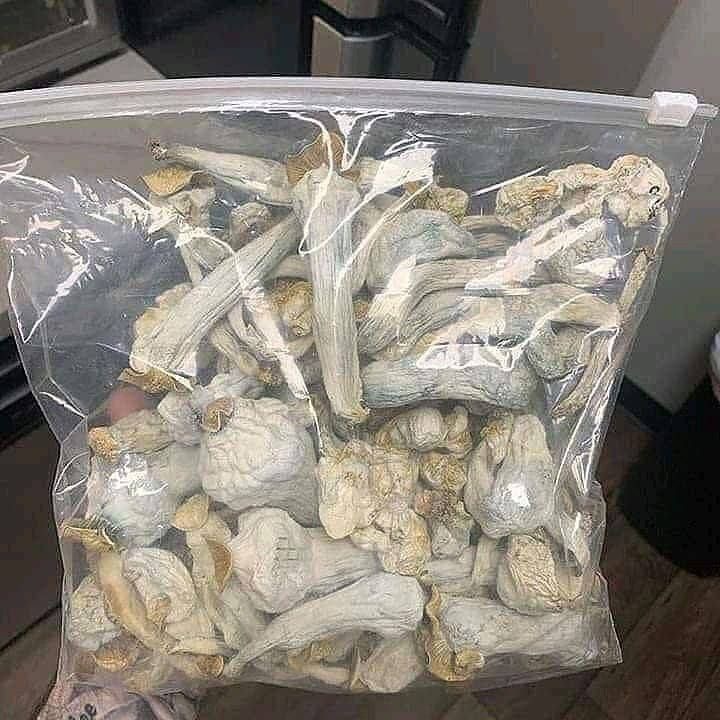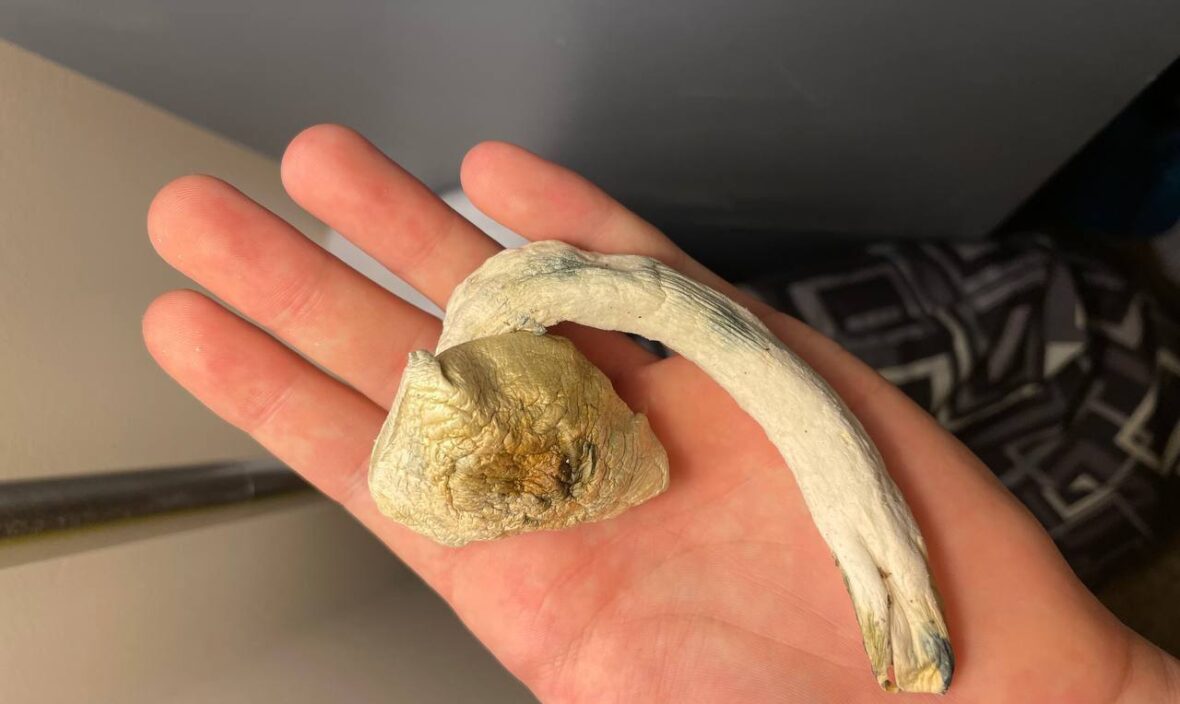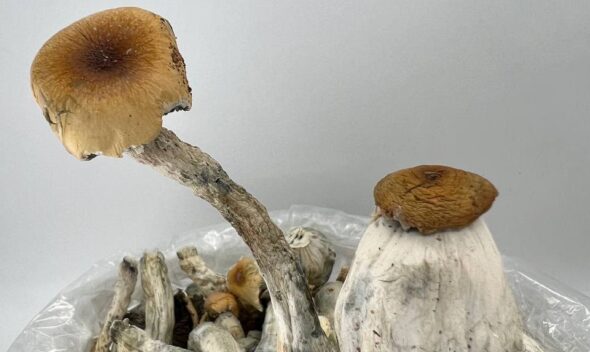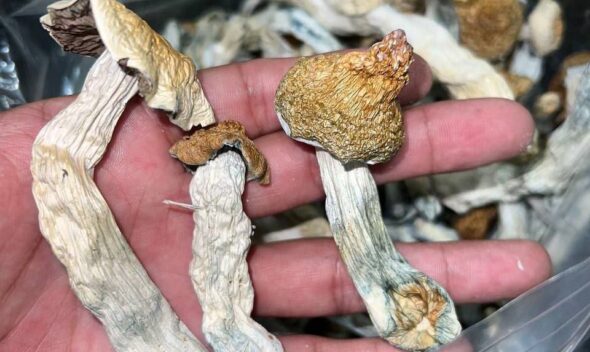Are Psychedelics Legal In The USA
The legal status of psychedelics in the USA varies. Currently, MDMA is classified as a Schedule I controlled substance, which means it is illegal for recreational use. However, there are ongoing clinical trials exploring the therapeutic use of MDMA for conditions like PTSD, and there is hope that it may become available as a prescription medication in the future.
Psilocybin, the active compound in magic mushrooms, is also classified as a Schedule I controlled substance. However, there are some exceptions. In recent years, several cities and states in the USA, including Denver, Colorado, and Oregon, have decriminalized or legalized psilocybin for therapeutic or personal use in certain contexts.
It’s important to note that laws regarding psychedelics can change, and it’s always best to consult local regulations and seek guidance from legal professionals or medical experts for accurate and up-to-date information.

Can Psychedelics Cure?
Introduction:
In recent years, there has been a growing interest in the potential therapeutic benefits of psychedelics for the treatment of various mental health disorders. While traditionally associated with recreational use and counterculture movements, psychedelics such as LSD, psilocybin, and MDMA are now being studied for their potential to alleviate symptoms of conditions like depression, anxiety, PTSD, and addiction.
This blog post explores the current research surrounding psychedelics and their potential as a form of treatment for mental health disorders.
1. Historical Context:
Psychedelics have a long history of use in various cultural and spiritual practices, with evidence dating back thousands of years. However, due to legal and societal restrictions, research into their therapeutic potential has been limited until recently. The resurgence of interest in psychedelics as medicine can be attributed to a growing body of scientific studies and a shift in public perception.
2. Psychedelics and the Brain:
One of the key reasons why psychedelics are being investigated for therapeutic use is their ability to produce profound changes in consciousness and perception. Studies using brain imaging techniques have shown that psychedelics can modulate brain activity, leading to increased connectivity between different regions of the brain. This altered brain activity is believed to play a role in the therapeutic effects of psychedelics.
3. Psychedelics and Depression:
Depression is a common mental health disorder that affects millions of people worldwide. Traditional treatments like antidepressant medications and therapy can be effective for some individuals, but there remains a significant proportion of patients who do not respond adequately to these interventions. Recent studies have shown promising results in using psychedelics, particularly psilocybin, to alleviate symptoms of depression. Research suggests that the experience of a “psychedelic trip” can lead to enhanced emotional processing, increased introspection, and a shift in perspective, all of which may contribute to the therapeutic benefits observed.
4. Psychedelics and Anxiety:
Anxiety disorders are characterized by excessive worry, fear, and avoidance behaviors that can significantly impair daily functioning. Preliminary research on psychedelics, including MDMA and psilocybin, has shown potential in reducing anxiety symptoms. These substances have been found to increase feelings of connectedness, decrease fear responses, and promote a sense of calm and relaxation. However, more research is needed to fully understand the mechanisms and long-term effects of these treatments.
5. Psychedelics and PTSD:
Psychedelics have shown promise in the treatment of PTSD (Post-Traumatic Stress Disorder). Research suggests that substances like MDMA (commonly known as ecstasy) and psilocybin (found in magic mushrooms) can help individuals with PTSD by reducing symptoms and promoting healing. However, it’s important to note that these substances should only be used under the guidance of trained professionals in a therapeutic setting. If you or someone you know is struggling with PTSD, I recommend reaching out to a mental health professional for more information and guidance.
Please do contact us for any more information.




Leave a comment